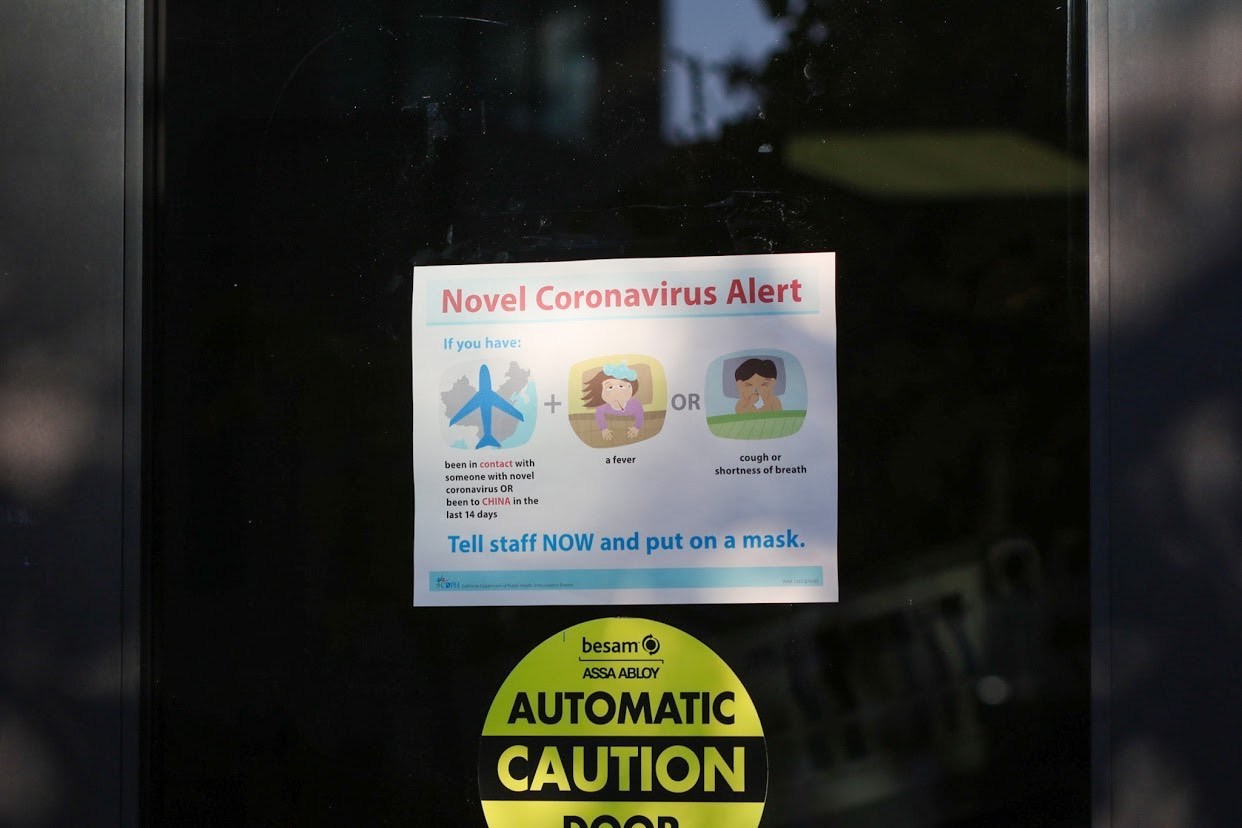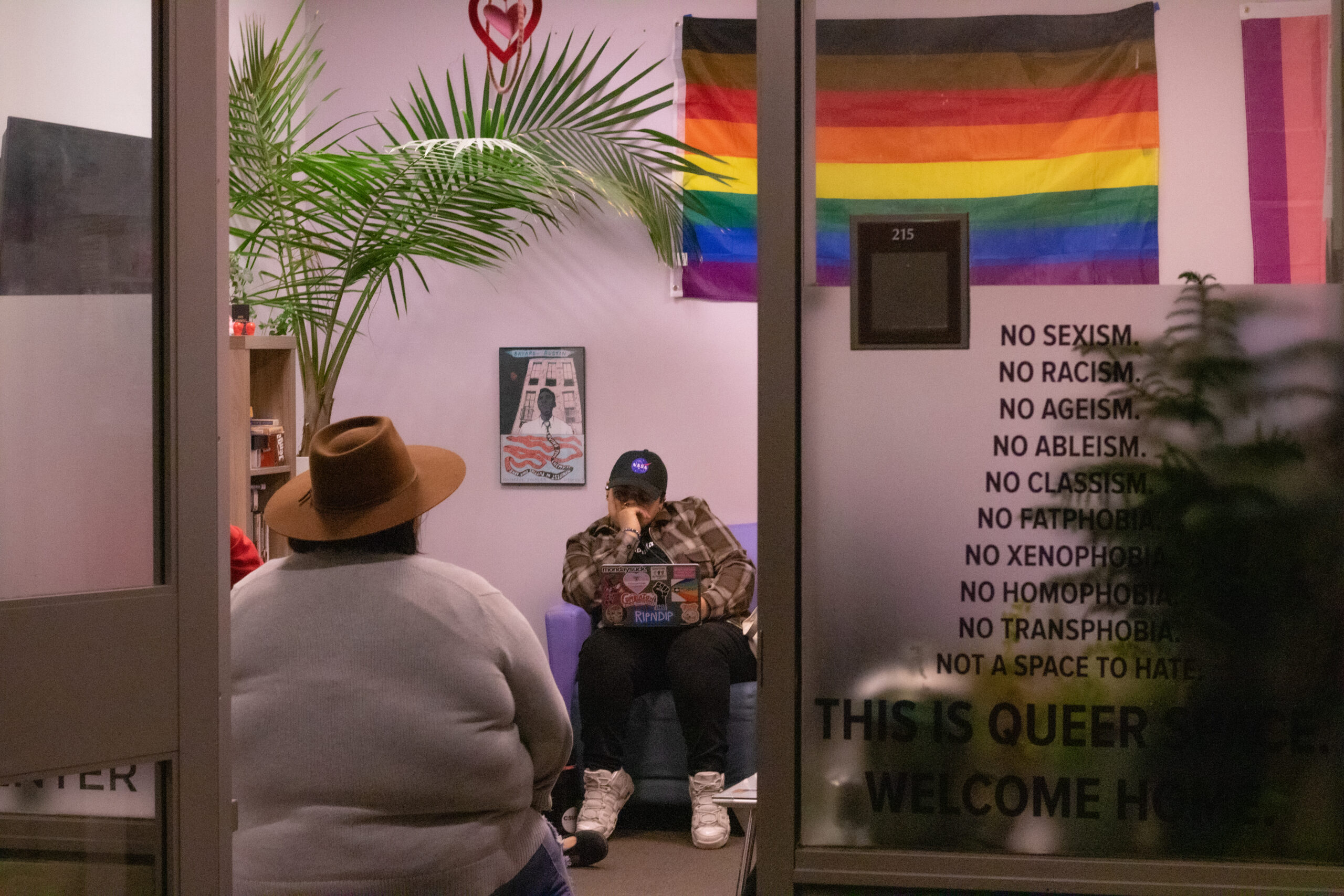Photo By Nova Blanco-Rico
By Robert Rios, Co-News Editor
Cal State Long Beach this morning became the latest–and closest to CSUDH–university to announce it is suspending face-to-face classes out of concern over the coronavirus.
According to the campus’ alerts page, the school is canceling in-person classes Thursday to Tuesday and will begin alternative or online instruction on Wednesday March 18.
It expects to resume normal operations April 20, according to the LA Times.
CSULB joins dozens of colleges and universities across the country—including USC and UCLA–to announce short-term or long-term cancellations of in-person classes and moving them online. Discussions about preparing for that scenario, if necessary, are occurring at California State University, Dominguez Hills.
According to the CSUDH alerts page about the coronavirus, it is “following the guidance of the CSU Chancellor’s Office and the California Department of Public Health [PDF]. According to that document, “CSUDH falls within Scenario I. We are actively planning for the possibility of moving to virtual instruction and will inform the campus community immediately should that be required.”
While there have been no reported diagnoses on any of the 23 CSU campuses, the Los Angeles County Department of Public Health announced yesterday there are 16 confirmed diagnoses in the county, and the first instance of possible community transmission was also announced yesterday.
Two CSU campuses have announced they are moving to online classes only at least through the end of March: San Francisco State and San Jose State University.
UCLA announced today that it will move to online instruction until early April and then reassess.
USC announced Saturday it will hold online classes for a three-day trial period Wednesday through Friday as a test run if it decides to shut down in-class classes for a longer period.
And at Cal State Long Beach, 10 students, none of whom exhibit any symptoms, have self-quarantined after returning from Washington D.C., where they attended an event where three attendees tested positive for the coronavirus.
While there have been no cases reported on any of the California State University’s campuses, the CSUDH Provost Michael Spagna and at least one dean of the six CSUDH colleges have issued emails today or yesterday outlining the need to discuss and prepare any contingency plans if it becomes necessary to move to online classes.
Today, the CSU issued an update that said even though there have been no confirmed cases of the coronavirus on any CSU campuses, that it may become necessary for “campus leadership to consider temporary reduction or alteration to campus operations or campus closure,” and that campus leadership “should consider shifting the delivery of as much of the curriculum as possible to non-face-to-face modalities.”
If that happens, the CSU update said, online courses should continue without disruption and “in person instruction should cease for two-to-four days while faculty and administration focus on the final details of converting to non-in-person instructional modalities.”
Employees would continue to come to campus to maintain operations but the Chancellor’s Office has encouraged campuses to cancel or reschedule events and meetings that are less essential and are not time-sensitive in nature.
On Monday, Spagna sent an email to faculty and administrators explaining the necessity of the campus preparing.
“In order to respond to and make preparations for instructional continuity due to the 2019 novel coronavirus (COVID-19), we need to ensure that CSU Dominguez Hills faculty are prepared for the possibility that our campus community may be impacted in the coming weeks and months,” the email began. “As you know, the situation with COVID-19 is fluid and is changing by the hour and day. This email is likely to be only the first in a series that addresses instructional and educational continuity plans in the event that it is recommended that we move to instructional alternatives, as Stanford University and the University of Washington did last week.”
Spagna said Academic Affairs is working with Information Technology and the Office of Academic Technology to ensure support for faculty, staff and students.
“Given the current circumstances, we ask you to be ready to move your class meetings, assignments, and exams to our online environment. We recommend that departments and colleges discuss the best and appropriate approaches for their disciplines and discipline-based pedagogy. We also ask you to work together for our students’ success and safety.”
The email also included eight pre-preparation tips, including adjusting attendance policies so as not to penalize students who become ill or are placed under quarantine, information about the university’s laptop loan program, announcing that Academic Technology will host a series of open labs and workshop sessions to utilize online tools, and where to access blackboard and academic technology tutorial for faculty and students.
Spagna’s email included two links for further information, one for emergency remote teaching guidelines, and the other titled instructional continuity planning.”
Following the provost’s message, Mitch Avila, the dean of the College of Arts and Humanities, sent an email Monday to faculty. While reiterating that there are no cases of Covid-19 among members of the CSUDH community and no instances of community spread in the local region, Avila wrote “it is prudent for the College to engage in contingency planning in the event that public health officials recommend the suspension of activities on campus. “
While emphasizing this was only a “planning exercise,” Avila asked the college’s departments to “begin discussing the best approach for your discipline specific courses.”
He also asked each department to review option for five possible scenarios:
1) If multiple students have to be quarantined for two to three weeks.
2) If face-to-face classes need to be canceled for two to three weeks
3) If large gatherings are canceled through the end of the semester]
4)A shortened semester with the last two to weeks either cancelled or online
5)Impacted summer operations
To keep apprised of any specific campus updates, you can access the university’s alerts page.


